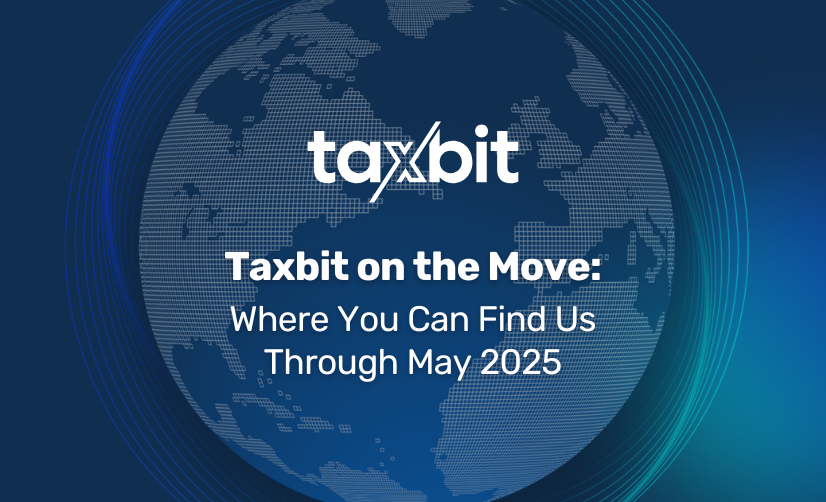Discover the latest OECD updates to the Crypto-Asset Reporting Framework (CARF) with new XML Schema and FAQs.
The Organization for Economic Co-operation and Development (OECD) has officially released the long-anticipated XML Schema for the Crypto-Asset Reporting Framework (CARF) along with a set of supporting Frequently Asked Questions (FAQs). This update introduces key details, including the treatment of non-custodial exchanges and decentralized finance (DeFi) and a standardized approach to reporting crypto-asset transactions.
Let’s explore the key implications.
Non-Custodial Exchanges: A Hot Debate
One of the most anticipated aspects of the CARF update is the treatment of non-custodial service providers. Although decentralized exchanges (DEXs) are not explicitly mentioned in the latest FAQs (anymore), there’s significant clarification regarding non-custodial exchanges. According to the OECD, non-custodial service providers, which may include DEXs, may be considered Reporting Crypto-Asset Service Providers (RCASPs) if they offer services that facilitate exchange transactions for customers, including providing trading platforms.
This development is significant for decentralized exchanges, which have long been a grey area in global regulatory discussions. While more detailed guidance is forthcoming, the OECD’s recognition of non-custodial exchanges under CARF highlights that decentralized environments are not automatically exempt from these obligations. The question is what the regulatory authority understands a service provider exercising ‘control’ and/or ‘sufficient control’ over a trading platform. Many refer to the existing FATF regulations for this. However, it is not yet clear how the OECD’s member states will decide.
New XML Schema for Standardized Reporting
Perhaps the most impactful update is the release of the XML Schema for crypto-asset reporting. The schema introduces several key transaction categories:
- Airdrops
- Staking and mining income
- Crypto loans
- Transfers from other RCASPs
- Sales of goods or services
- Other
- Collateral Unknown (default when no knowledge of the transfer type is available)
By standardizing these categories, the schema aims to bring greater transparency to digital asset transactions, helping tax authorities assess tax liabilities more effectively, especially considering that certain transfer types are taxed differently across the participating jurisdictions.
For CASPs and VASPs, this schema provides a framework to standardize reporting, offering uniformity across jurisdictions. While this might enhance global tax compliance, practical implementation challenges in developing countries remain a concern. After all, the implementation of reporting regimes is a rather cumbersome process that requires a lot of technical expertise. It would be very welcome if the OECD were to address this issue further without introducing different regulatory requirements for developing countries. The aim must be to introduce a reporting and processing procedure as harmonized and straightforward as possible.
What’s Next for CASPs and VASPs
The CARF framework extends the rigorous tax reporting requirements typical for traditional financial institutions to CASPs and VASPs. This regulatory scrutiny will likely impact decentralized finance and non-custodial services, and companies in these sectors should begin preparing for these new standards. The first exchanges of data under the CARF framework are expected to occur in 2026, meaning that CASPs and VASPs must act now to ensure compliance with these global standards.
“This framework will significantly increase regulatory scrutiny, particularly in areas like non-custodial services and (in some cases not so) decentralized finance. With the first exchanges expected by 2026, CASP/VASPs should begin preparing asap to align with these global standards.” – Dr. Max Brent, Managing Director, Taxbit
As we await further guidance on non-custodial exchanges and DeFi, the message is clear: the digital asset industry is no longer operating in a regulatory vacuum, and global standards are quickly emerging, also for DeFi.









